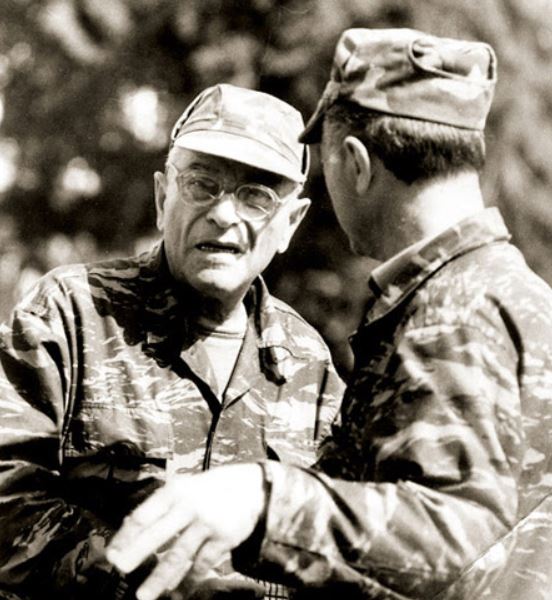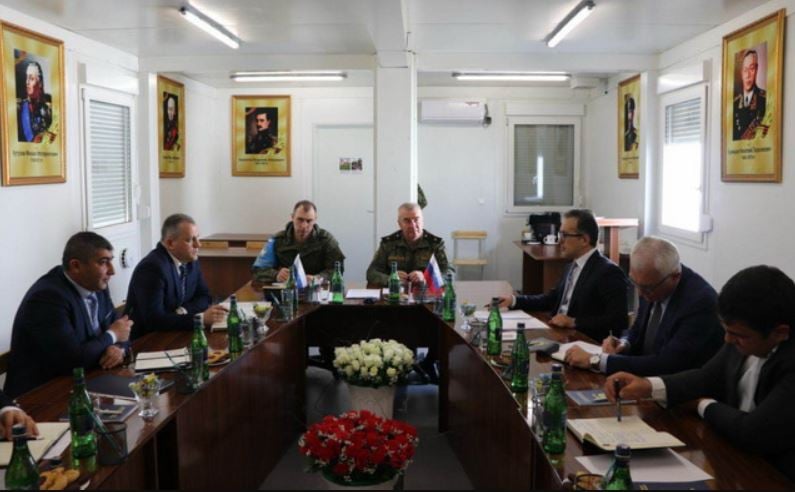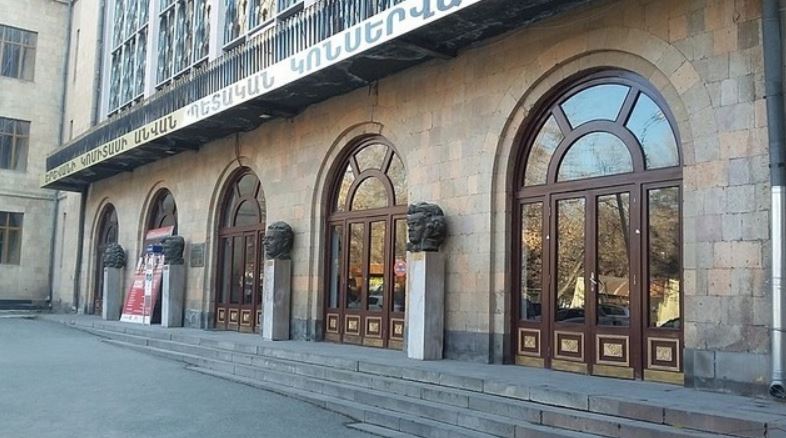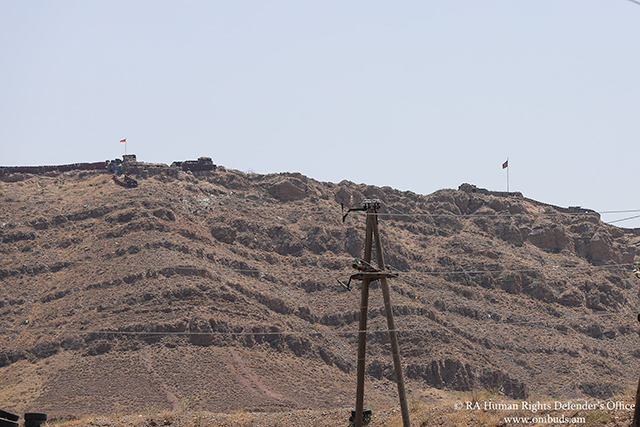Recently, I had the opportunity to watch some very interesting documentary footage. During the first Artsakh war, General Kristapor Ivanyan held a meeting in Stepanakert, at the headquarters of the Artsakh Defense Army. There were many other recognizable faces in the same room, but to me, a non-military person, as well as, I think, to anyone else who watched that video, it became clear what “professional” means. To educate such a general, the Soviet Union had spent huge amounts of money and many years. In the first war, we had an advantage also because several of them, Armenian officers, led by real and not demonstrative patriotism, came to serve the motherland.
Perhaps the parallel is not quite correct, but the dedication of the professional military reminds me of the migration of Armenian scientists and artists to Soviet Armenia in the early 1920s. Their driving force was also patriotism, as well as the confidence inspired by the then Prime Minister Alexander Myasnikyan.
Now, in several places on the streets of Yerevan, there is a photo of the famous composer of the 20th century, Alexander Spendiaryan, wearing a wide-brimmed hat, a cane, and a bow tie. He had a house in Petersburg and a mansion in Crimea, but he came to Yerevan, which at that time could be called a city, with certain reservations. I want to say that when those people came to Armenia, they brought with them not only knowledge, professionalism, but also certain ethical norms, high ideas about the honor of an officer or an intellectual.
And here, I wonder if there are any Armenian specialists in various fields, including, by the way, in military fields, who are ready to come to their homeland at this difficult moment for our country. And the second question: do we need them? I think the answers to both questions are positive.
Read also
So why aren’t they with us now? The reasons are naturally many. The first is on the surface. Some local professionals are afraid of competition. If, let’s say, a chemist comes from the United States or Britain, whose laboratory will produce significantly better results than the one currently operating in Armenia, then the chemists who have been working less efficiently here for several decades are unlikely to be very happy.
But there is another reason. The state, first of all, the government, must seriously evaluate its needs: military, economic, scientific, educational, etc., and then declare with sincere interest that we need these specialists to perform these works. In that case, money will be found to implement the project.
It seems to me that our government does not think about such problems.
Aram Abrahamyan























































